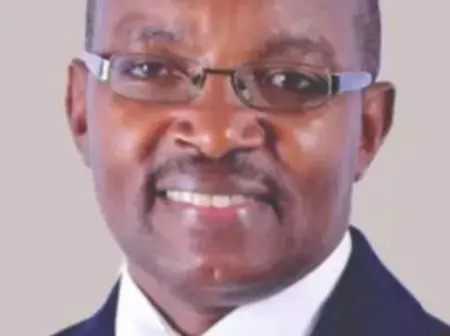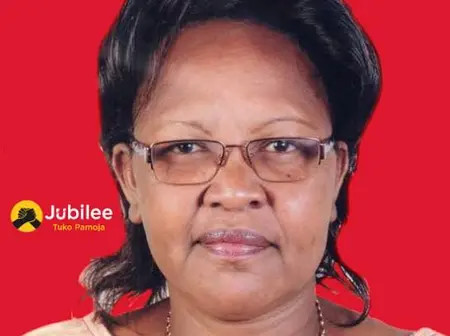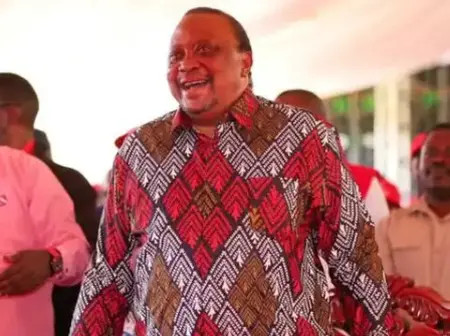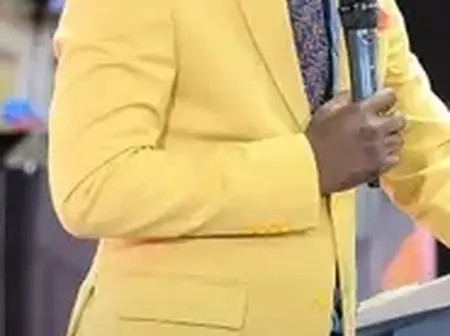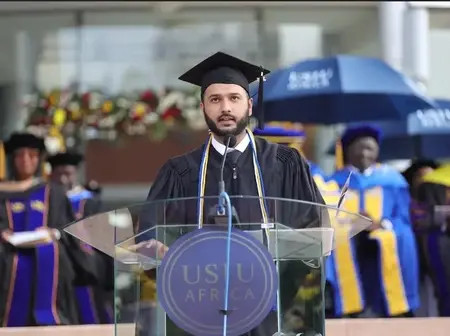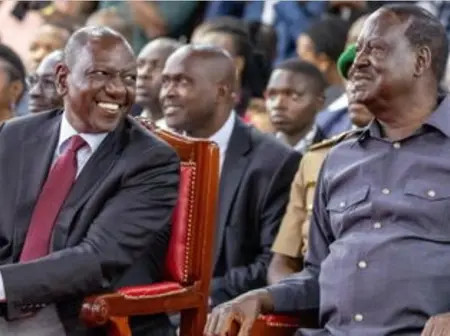
On Monday, 22 September 2025, Orange Democratic Movement (ODM) leader Raila Odinga revealed crucial details about his decision to form a political truce with President William Ruto during last year’s period of heightened tensions.
Speaking at ODM’s Parliamentary Group meeting, Raila stated that the truce was necessary to protect national peace and stability, particularly after widespread protests prompted the deployment of the Kenya Defence Forces (KDF) onto the streets.
According to Raila, he personally witnessed how close the country was to descending into chaos, and feared that without intervention, Kenya could have veered toward military rule.
Raila explained that the political environment at the time was volatile, with violent demonstrations erupting in several counties over disputed policies and election grievances.
He said that few appreciated the gravity of the situation, but as someone closely monitoring the events, he realised that urgent dialogue with the Kenya Kwanza government was the only viable path to prevent further instability.
“We were almost on the precipice, and it was clear that if we did not step in, the nation could have been pushed into military control,” he noted.
The ODM leader’s revelation sheds light on the behind-the-scenes negotiations that led to the temporary political truce, which many analysts credit with preventing escalation during a critical period.
Raila emphasised that the agreement was not about political compromise for personal gain, but about safeguarding the country from extreme turbulence that threatened governance and citizen safety.
Political observers have praised Raila’s decision as a demonstration of statesmanship, highlighting the importance of prioritising national interest over partisan politics.
Meanwhile, discussions continue within both ODM and Kenya Kwanza circles on how such dialogue mechanisms could be formalised to avert future crises.
Raila’s account also rekindles debates on the role of the military in civilian matters and the importance of democratic institutions in maintaining order during political unrest.
